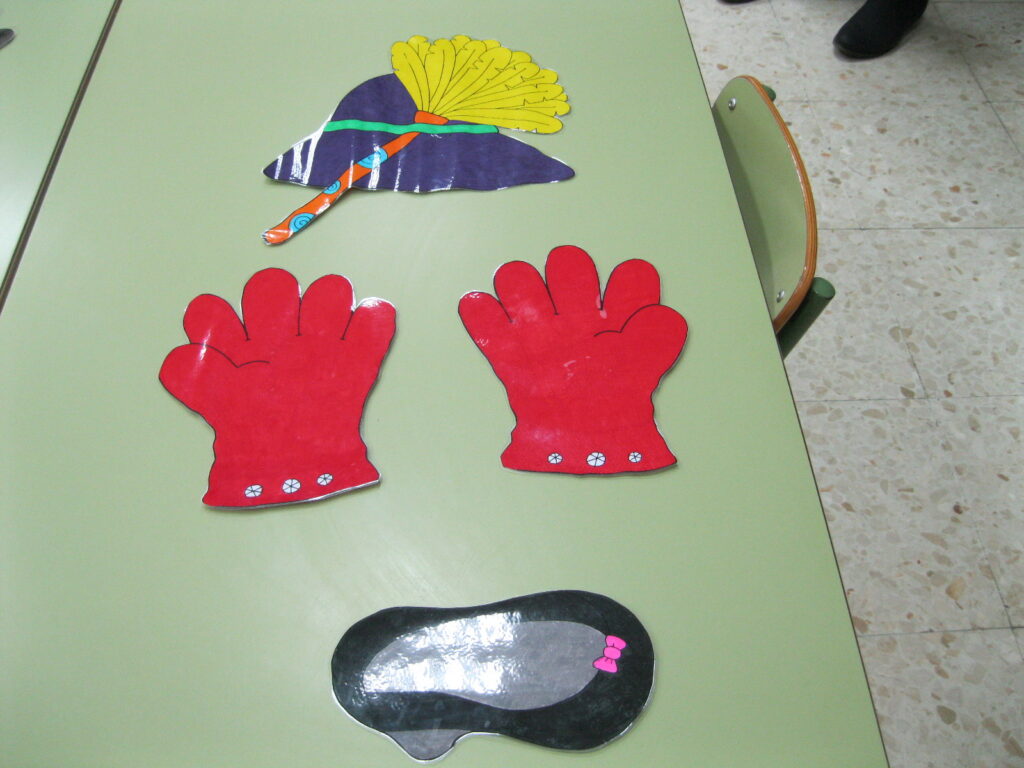ALL Presidential team
Cynthia Martin – Past president
Karl Pfeiffer – President
Bernadette Holmes – President elect – absent so we had a ‘supply president’ in the form of Steven Fawkes

Looking back to look forward
Whilst KS2 entitlement still stands, it’s uncertain and as yet there are no clear messages from the coalition about whether they will or won’t be statutory. We’re also in the middle of a huge curriculum review of both secondary and primary education. But change can provide us with opportunities to reassess and reflect.
Change often happens simultaneously, sometimes across sectors too.
Many issues that arose with Nuffield are seen replicated now – developing languages vertically down from KS3 but also horizontally across ability range at time when languages were elitist. At the same time, comprehensive education began.
National curriculum – Languages for all September 1992 with all children 11-16 studying languages led to questions about approaches to teaching all abilities. This had an impact on dual linguists as FL2 got squashed out (although people studying language and …business / development etc increased)
National Language Strategy brought some coherence to languages in England – many success stories especially in primary phase, widening of choice post-14 etc.
KS2 Framework has been a key document in bringing coherence to primary provision. In 2009 92% primaries offering language in KS2 and 70%+ offered throughout the school.
MFL KS3 Framework arrived with an emphasis on understanding pattern, structure and grammar, but lessened target language in the classroom.
Building for the future – what do we need?
- contact time – more needed across the board – not adding at one end and taking away at the other
- coherent language learning experience – a continuum across KS2 – KS4 and beyond
- consistency of teaching approach, again across the phases
- content – creativity – cognitive challenge even in years 5 and 6
- continuing professional development
- cultural dimension
- NSC/CLIL4Ts/LinkedUp
- collaboration at local regional and national level – cutbacks but still the need for support
Resetting the foundations
A policy for the future
“Languages are vital for the personal professional and economic growth of all UK citizens”
“Language learning and teaching must take their rightful place in Britain as educational and social priorities”
“All British pupils must have full open and equal access to language learning to ensure a level playing with their peers abroad”
“The professional status of language teachers must be of equal standing compared to teachers of other subjects.”
We believe that language learning and teaching are an essential part of rounded education for all UK citizens.
“languages are not about labels, they’re about people” ECML Graz
We believe that all learners should have the opportunity to learn their first language and at least one other language, including English, if this is not their first language.
Our education system should provide:
- access to the range of languages existing in the UK including recognition for the languages of new communities
- coherent learning programmes from primary to secondary
We believe that languages teachers should have access to high quality initial teacher training and continuing professional development.
Policy makers should ensure that
- languages have a settled curriculum with a favourable time allocation in comparison to other successful jurisdictions
- decisions relating to how children are taught should remain as close to the point of learning as possible
We advocate statutory status for languages from 7-16.
Opportunities through the Curriculum Review
- the position of languages at primary needs urgent clarification
- there should be continued language training for primary class teachers
- adequate time allocation should be provided in the curriculum to allow pupils to elarn to a similar standard to their peers in other major jurisdictions.
(At this point my RSA Typing1 couldn’t keep up with the note taking so I took pictures instead)
Why do we need language skills?

Languages employability and entrepreneurship

Tolerance and challenge

Changing hearts and minds
- All human beings can enjoy a language learning experience
- All pupils should learn languages
- Language learning has significant educational benefits
- Language learning brings invaluable personal benefits
- ALL pupils from KS2-4 should have the right to learn languages in the school curriculum
- All citizens should have access to lifelong language learning













